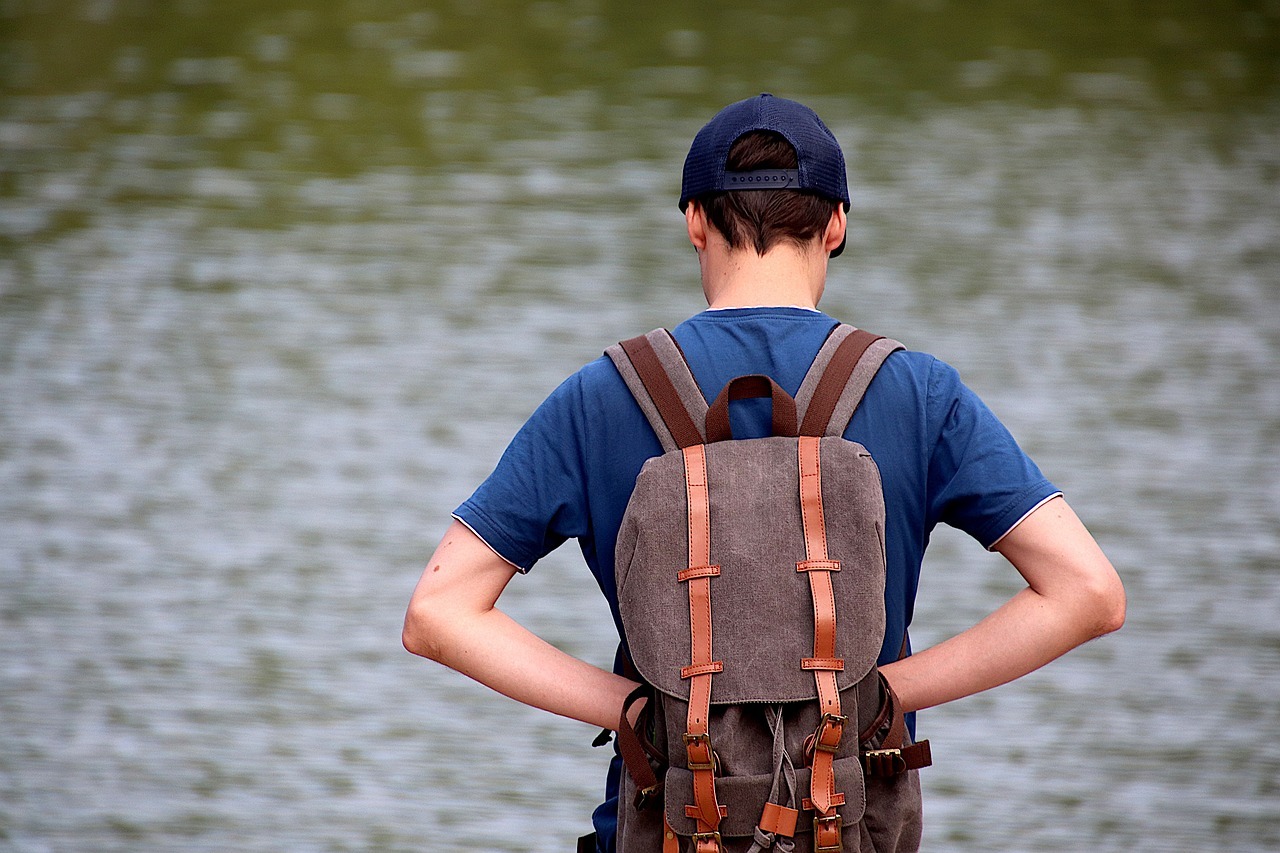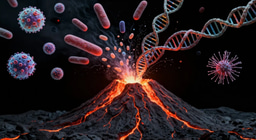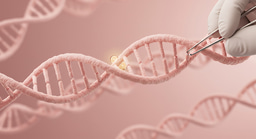
We all, without exception, bear the weight of our experiences, both pleasant and painful, in an invisible backpack. This burden, though unseen, is a part of our daily existence. How often do we pause to consider the invisible burdens we and others are carrying? By learning to be more compassionate, we can help each other and lift these unseen loads.
Although we are all humans, our lives have taken unique trajectories, often without our control*, due to the numerous experiences we have accumulated. All these experiences eventually become part of us, dictating our strengths, weaknesses, insecurities, and how we respond to daily challenges. The sum of these experiences is what I define as our “invisible backpack”. Think of a backpack carried on the shoulders that carries snapshots of life’s events; sometimes we forget about these, other times they may be life-changing experiences. Still, the load accumulates and it can sometimes become so heavy that it slows us down. At some point, we may need to stop and let something go to keep moving forward. We quickly adapt to the burden and forget we are carrying it because it’s on our back, hidden from our sight and the sight of others. For us scientists, it is often hidden under our lab coats.
Let’s go deeper into this “invisible backpack”. When does one start carrying it? I’d argue that we're born with it! Some backpacks are lighter or heavier than others from the start. We have no control over our parents, birthplace or sex. Early in life, we have experiences that we can't fully comprehend, yet they shape our personalities and contribute to the initial weight of our backpacks. Imagine having an abusive parent or a congenital disease. As we grow, the load accumulates. For some, the backpack gets heavy quickly due to transformative experiences like the loss of a loved one or other traumatic events. Acute or chronic diseases add additional weight. This weight can compromise our life choices and our perspective on life. Imagine hiking in the mountains with a heavy backpack – eventually, it will cause bruises and injuries. We get tired. Fortunately, the load doesn’t always increase over a lifetime. Some events can lighten it. Finding the right life companion, friend or spouse, securing a fulfilling job, or overcoming a disease can lift people up. The path becomes lighter and more enjoyable, and bruises start to heal. When we interact with other people, the situation becomes even more interesting: the backpacks are, by definition, on our backs, and we never see what each of us is carrying. This is what makes it invisible.
To make this metaphor more concrete for us scientists, consider the beginning of one’s career: one student born in a wealthy family in a stable country, the other in a war-torn region with limited access to education and healthcare. The first student’s backpack is probably relatively light; they have fewer immediate burdens and more opportunities to study and succeed. The second student’s backpack is much heavier from the start, filled with the weight of instability, lack of resources, and possibly trauma. This person’s career, no matter the intrinsic ability of the student, will be greatly limited. This disparity continues into adulthood. Someone carrying a lighter backpack due to wealth may navigate the stress of academic life more easily, while someone with a heavier backpack, who may have to work night shifts to pay for university, might struggle more, even with similar (or greater) efforts. Eventually, for those lucky enough to pursue a career in science, our performance (in terms of experimental proficiency and creativity) is inevitably affected by our life experience and more “grown up” problems such as financial stability and independence, childcare, or ageing parents: personal difficulties in adult life bleed into our daily experiments (we may lose focus, we make mistakes), or when giving a talk or lecturing. We are far from an emotionless machine. Seeing things from this perspective can help us navigate our daily lives and interactions with people. Let’s say you meet someone in the tissue culture next to you, and this person maybe is not chatty or smiley as usual, or you see someone giving a talk, and this person is clearly not as passionate as you would expect. Can you imagine what weight they are carrying?
I believe we can start grasping this concept more easily through mindfulness. For instance, understanding that the backpack is, by and large, already filled well before we know it gives us an immediate idea that not much in our life is under our direct control. This should lead us to reconsider our achievements and failures (and those of others) through the lens of sheer luck or unfortunate limitations. In addition, through understanding the impermanent nature of things and thoughts, we should also realise that sometimes the weight of the backpack comes from our misinterpretation of emotions and lingering thoughts (this is when we should let go of some of the loads). Being able to let go and accept parts of us can help alleviate the weight we carry. Finally, through compassion, we can start seeing our backpacks for what they are. We must acknowledge their existence and understand their impact on ourselves and others. From an individual perspective, practising self-compassion and seeking support through therapy, friendships, or other means can help lighten our load. From a relational perspective, a compassionate approach can make a significant difference when we see others struggling. Offering support, listening without judgment, and being patient can help lighten some of their burdens. Here, the concept of “scaffolding” proposed by the great psychologist Adam Grant in Hidden Potential is very appropriate: as it happens in building a structure, the scaffold can help people reach their goals despite difficult tasks. Here, I suggest building scaffolds for each other to elevate and lift our lives despite our backpacks. In this case, we will build a scaffold of kindness.
In conclusion, our invisible backpacks are integral to who we are. We can foster a more compassionate and supportive work environment (and ultimately the world) by recognizing and understanding them. Let's help each other carry the load and create a society where empathy and support are the norms. While we do not need to accept and justify all behaviours, when meeting someone (new colleague?) instead of judging quickly their actions, ask what weight they might be carrying – and how you can help lighten their load. More importantly, be kind.
“Three things in human life are important: the first is to be kind; the second is to be kind; and the third is to be kind.” ―Henry James
* There is a long-standing debate in philosophy and neurobiology about how much of our lives are under our direct control and the concept of free will. If you agree with Robert Sapolski, as I do, everything we think and do is a consequence of our biology (not only our genes) and our environment. Ultimately, both are beyond our control. If you want to read more about this, I recommend his latest book, Determined.
Top image of post: by Jacques GAIMARD from Pixabay





Join the FEBS Network today
Joining the FEBS Network’s molecular life sciences community enables you to access special content on the site, present your profile, 'follow' contributors, 'comment' on and 'like' content, post your own content, and set up a tailored email digest for updates.
This is really great Christian, thanks for sharing